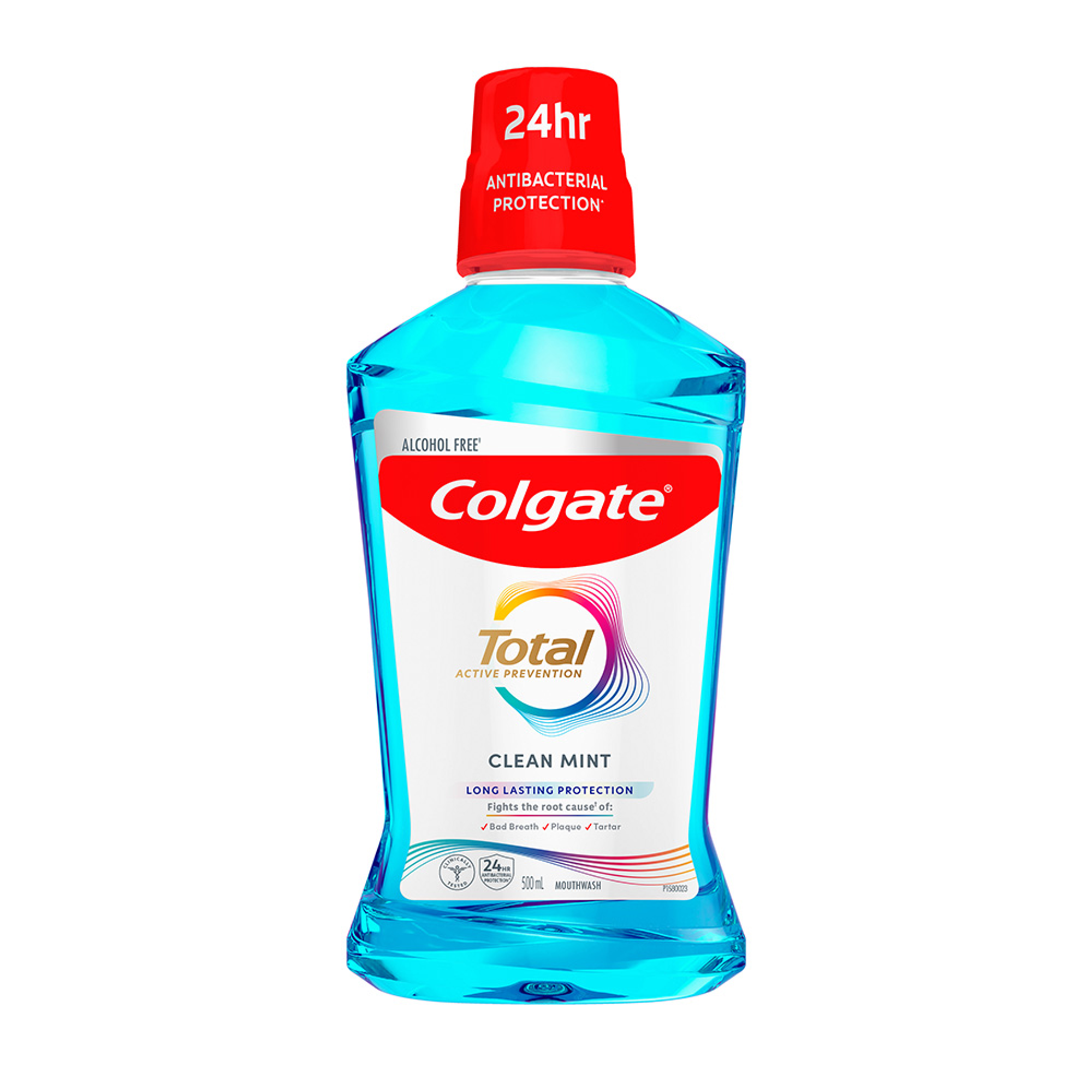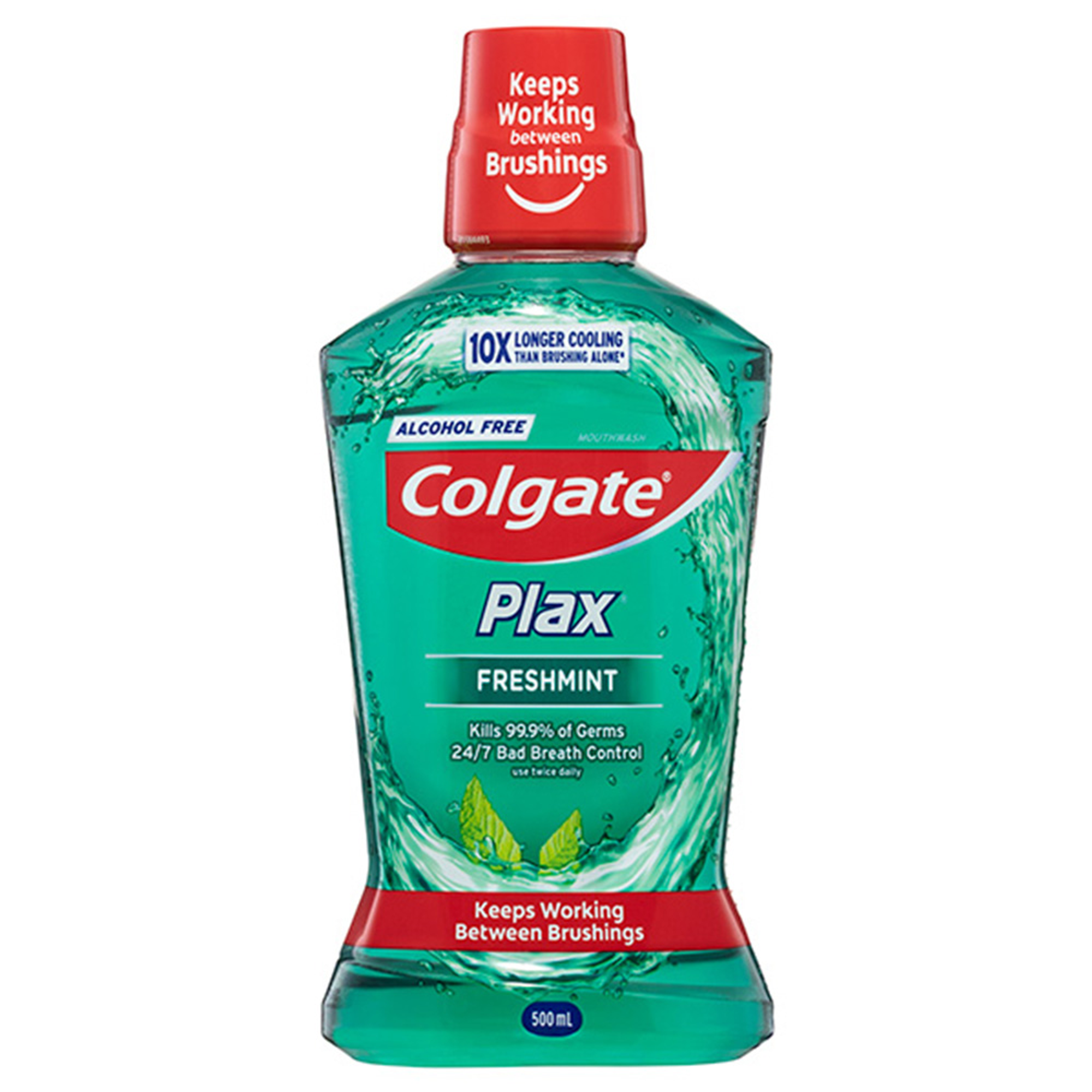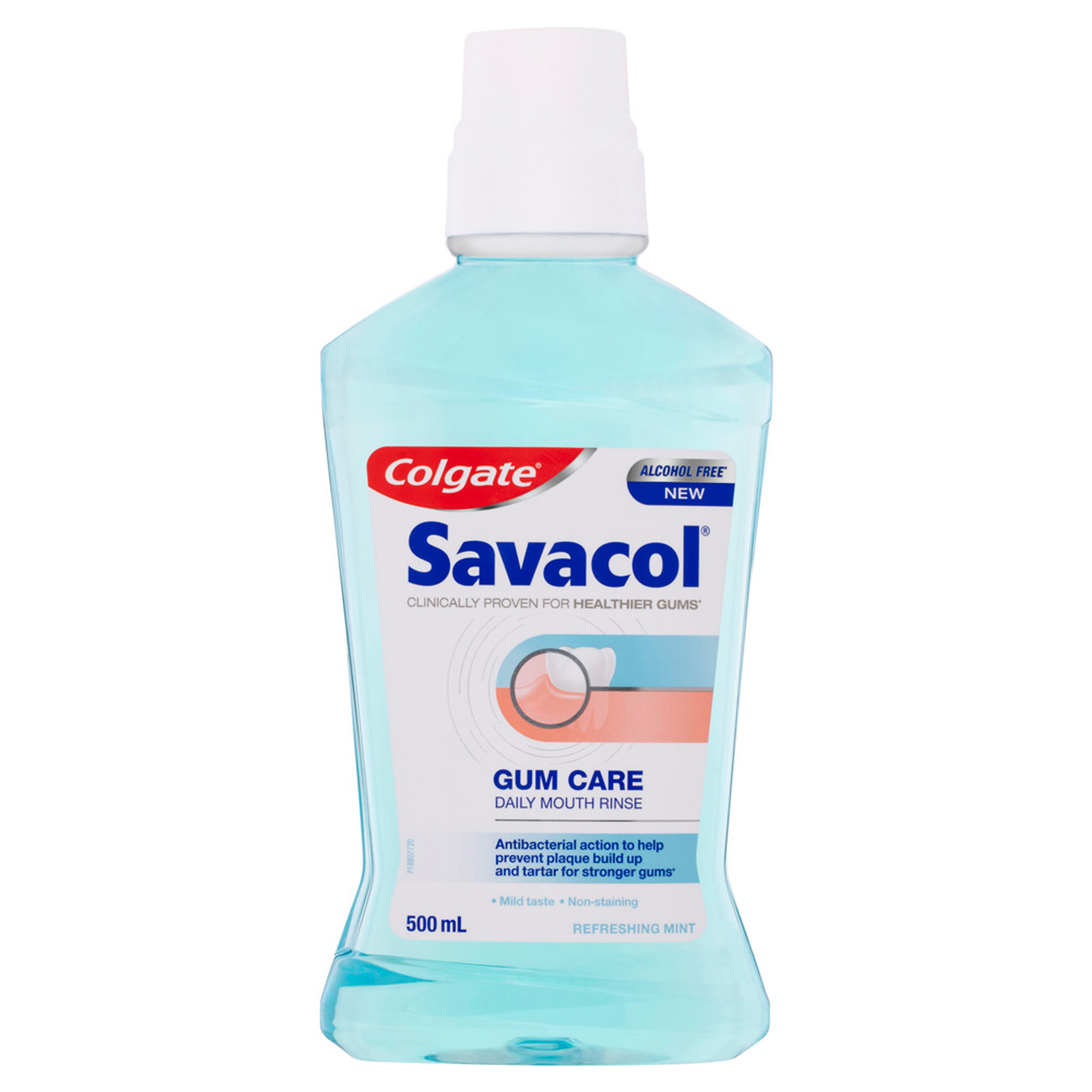
We know that oral health is associated with diet in many ways, and we can track this back to ancient times. Dental palaeopathology or the study of ancient teeth, reinforces for us, as oral health professionals, the importance of addressing dietary habits and behaviors with our patients. In particular, with the prevention of dental caries, since diet plays a critical role in the development and prevention of this disease.
The findings from fossil records show that hunter-gatherers rarely experienced dental caries (Tanga, Viciano, Monza, D’Anastasio, Capasso, 2020). Diet played an important role in plaque prevention and its association with a higher composition of good bacteria (Forshaw, 2014). The shift in our ancestors diets over time, from this hunter-gather style, which consisted mostly of protein and fats, which are non-cariogenic as oral bacteria cannot ferment them, to an increase in the intake of carbohydrates, particularly sugars, which are cariogenic, has contributed to the increased rates of dental caries for populations across the globe (Forshaw, 2014).
Although there are several key factors in the aetiology of dental caries, such as oral bacteria, susceptible tooth surfaces and oral hygiene practices, dental caries is a diet-mediated disease. Sugar, specifically, free sugars are a key dietary factor in the development of this disease (WHO, 2015).
Our responsibility as oral health professionals, is to address our patients’ dietary habits and provide appropriate dietary advice to help prevent oral disease. Undergraduate dental training can sometimes be limited in the area of nutrition. Therefore up-skilling in this area should be seen as a key part in our professional development. Teaching and educating our patients about diet can assist in long term benefits to their oral health and their general well-being
A dietary assessment is the first step that we can undertake when addressing diet with our patients. This assessment will include discussing their current dietary behaviours such as frequency of snacking, dietary preferences, such as the intake of sugar-sweetened beverages , as well as family or even cultural preferences. This information can then assist in identifying the factors that are contributing to a patient’s current or future risk of oral disease.
Remember, dietary advice doesn’t always have to be a structured or clinical conversation, for example, asking your patient casually about their favourite food and drink may help to identify and create the opportunity to suggest a dietary change. You could lead on to “did you know that processed foods often have additives, sugar and preservatives that are not good for your teeth or your health”.
By providing a nutritional assessment or dietary advice , we can empower our patients. It is important that they have an understanding of how their dietary behaviors can increase their risk of oral disease. Along with this advice, we need to offer our patients strategies to address any dietary concerns we are identifying. As with any behaviour change, gradual small changes can make a big difference. Having access to pre-prepared nutritional information can be helpful with this.
Motivate your patients - with sugar smart ideas
Limiting and cutting down on sugar can be very challenging for many. Therefore, giving up or reducing the intake of one thing can be less daunting and more achievable than reducing all sugars in the diet.
- Ask your patients about something they consume on a regular basis that is high in sugar and see if they are willing to give that up for 2 weeks.
- Cutting down sugary drinks can be a good start, and they can be replaced with water and healthy teas that taste good. Or another alternative is to try a healthy snack replacement.
- Remember knowledge is power.For many families and children understanding how much sugar is in certain foods and drinks can help them make more informed decisions.
- Children can do a sugar experiment at home with their drinks or food items. Such as the “rethink your drink” experiment found on the website https://www.actionforhealthykids.org/activity/rethink-your-drink/ (Action for Healthy Kids, 2019).
Additional information to supplement your oral health messages
Provide a sample of healthy snack ideas- your practice may even like to develop a list
- Talk about where to get affordable fruits and vegetables. Share your experience
- Promote traditional methods of cooking
- Share some of your favourite healthy recipes that are quick, easy and affordable
- Talk about how their families - parents and grandparents prepared foods
- Make referrals to other health professionals who can help provide more dietary interventions, including dietitians, nutritionists and GPs
Action for Healthy Kids. (2019). Rethink your drink. https://www.actionforhealthykids.org/activity/rethink-your-drink/
Forshaw, R. (2014). Dental indicators of ancient dietary patterns: Dental analysis in archaeology. British Dental Journal, 216(9). Retrieved from https://www.nature.com/articles/sj.bdj.2014.353.pdf?proof=t
Healthline (2021). Mediterranean Diet 101: A Meal Plan and Beginner's Guide. https://www.healthline.com/nutrition/mediterranean-diet-meal-plan
Tanga, C., Viciano, J., Monza, F., D’Anastasio, R., Capasso, L. (2020). Dental palaeopathology seen through historical, archaeological and biological sources in ancient Herculaneum (79 AD, Italy). Medicina Historica, 2(4).
Weaver, L. (2017). What am I supposed to eat?: Making sense of food confusion. Little Green Frog.
World Health Organisation ( 2015) Sugars intake for adults and children. https://www.who.int/news-room/fact-sheets/detail/sugars-and-dental-caries
Christine is an Oral Health Therapist who graduated from Auckland University of Technology. Prior to this she obtained qualifications in pharmacology and secondary teaching from the University of Auckland. She has a teaching/tutoring experience spanning more than ten years. Through this teaching experience combined with her diverse cultural background she has developed a passion for promoting diversity in clinical practice, overcoming communication barriers and connecting with the community. As a member of the Colgate Advocates for Oral Health: Editorial Community, her contributions to the dental community aim to increase interest in sustainable interprofessional practice, provide an educational perspective on the delivery of existing oral health messages and working with vulnerable communities.
Join us
Get resources, products and helpful information to give your patients a healthier future.
Join us
Get resources, products and helpful information to give your patients a healthier future.











